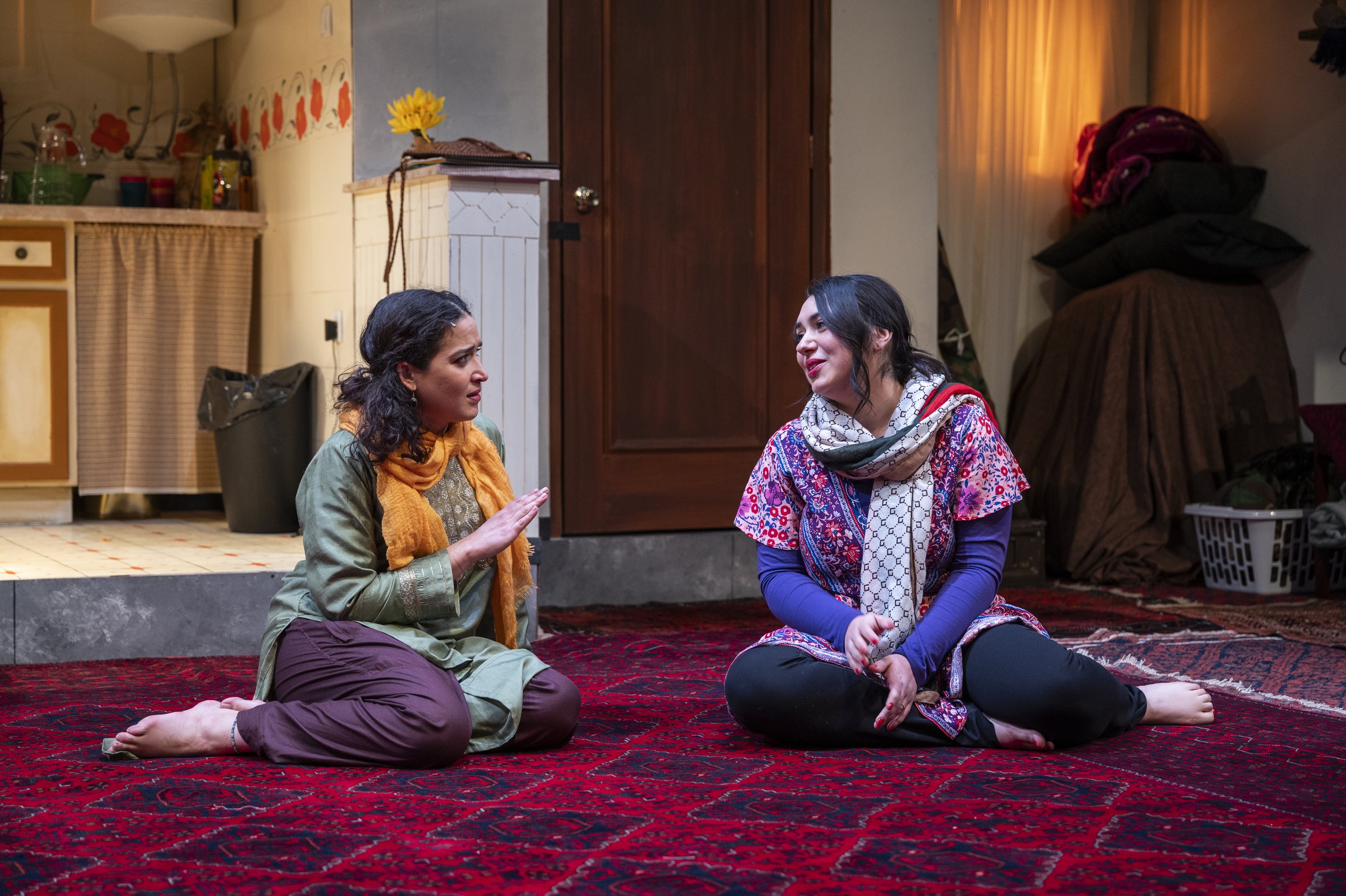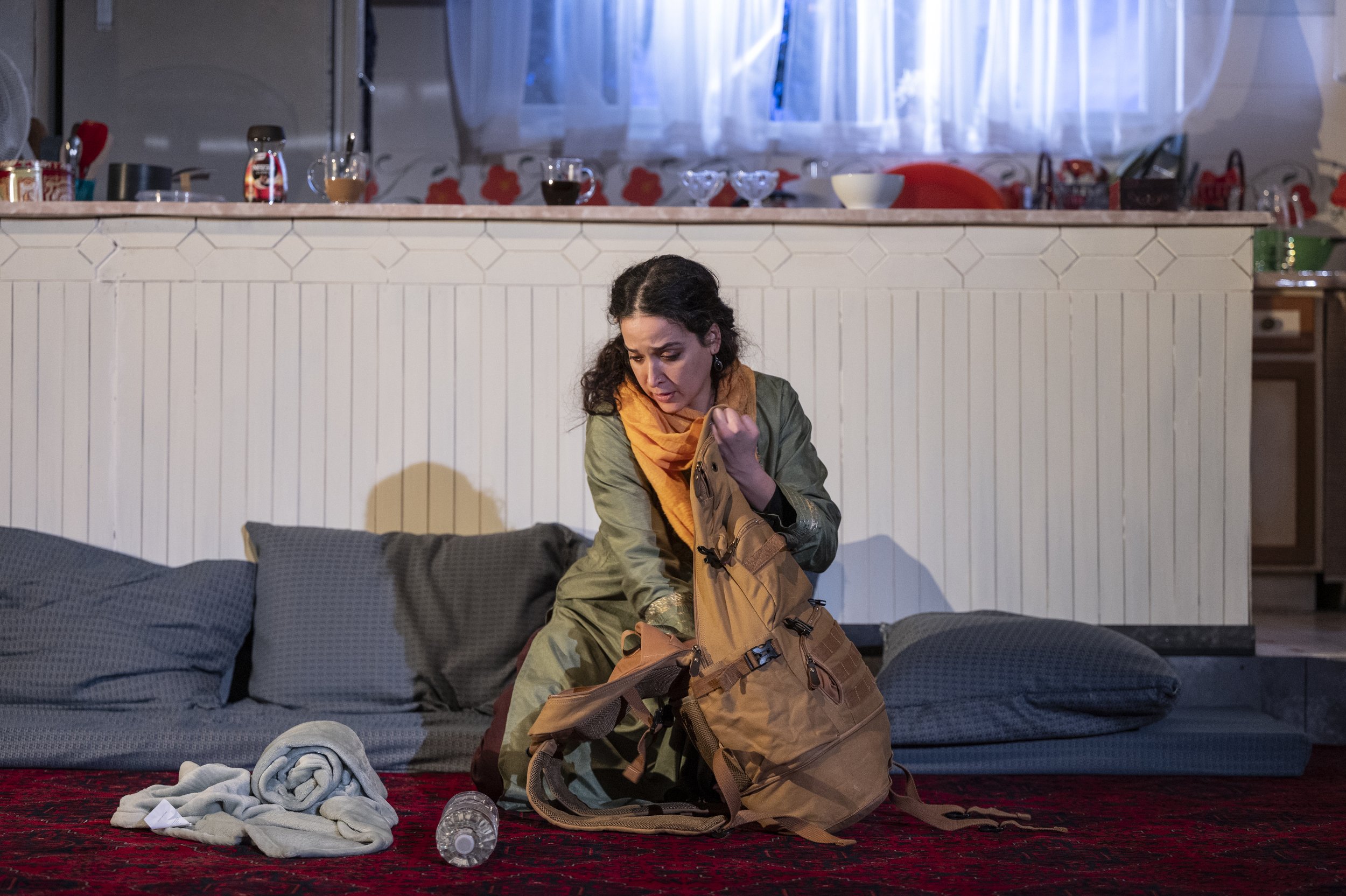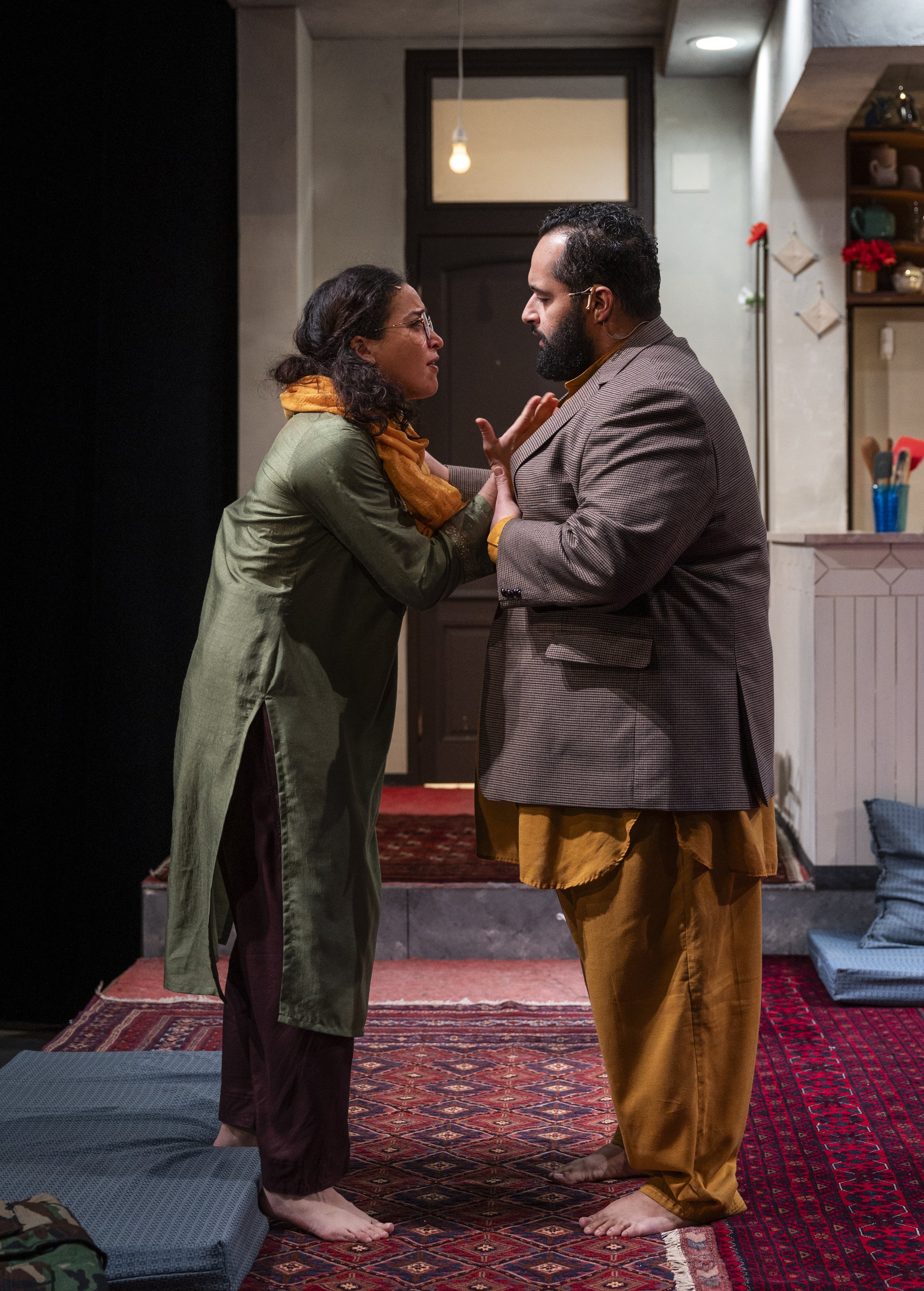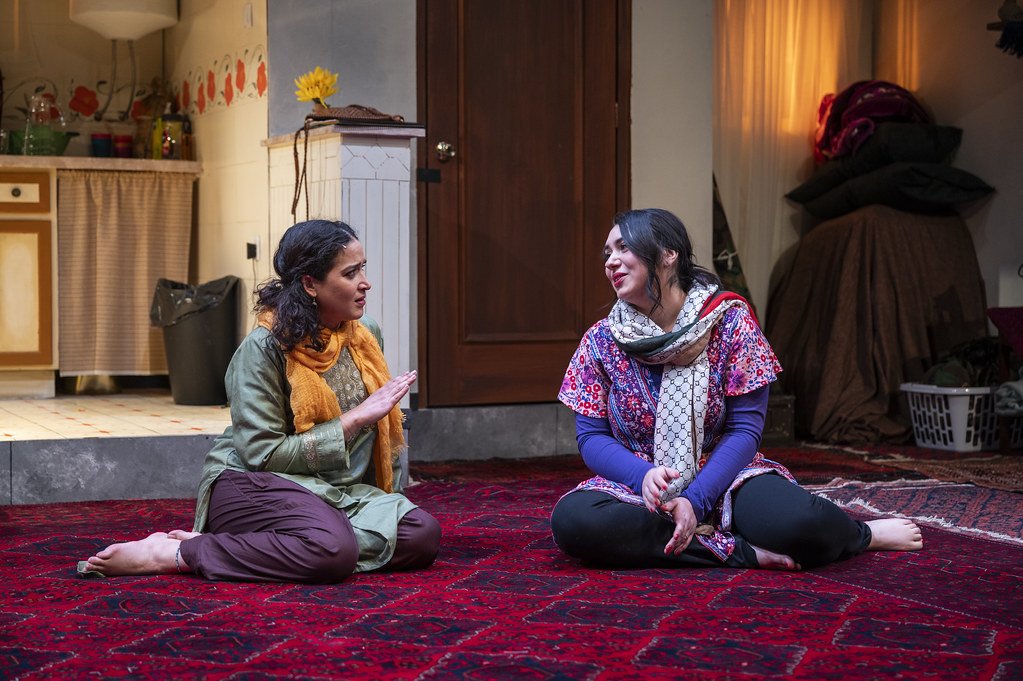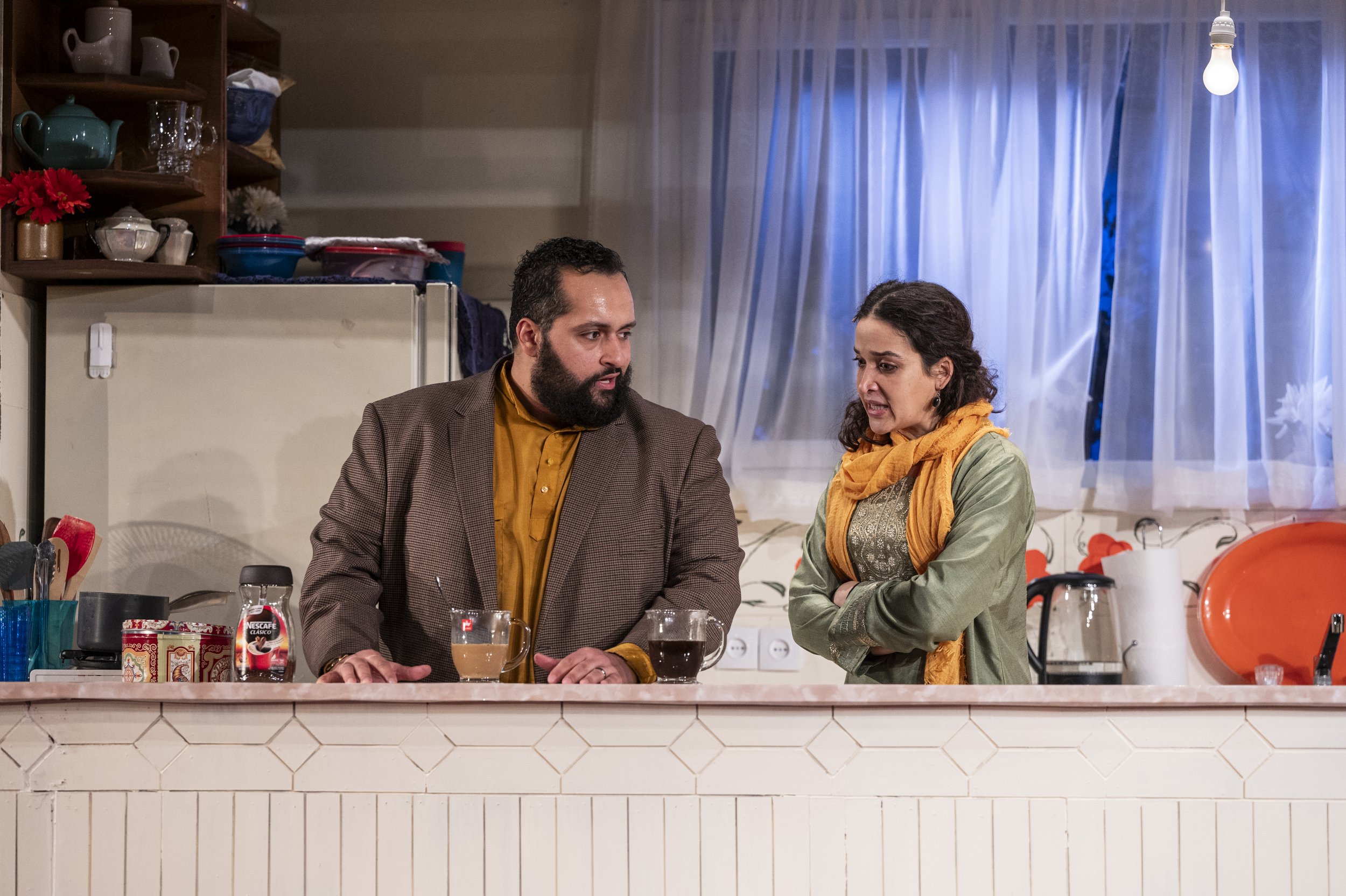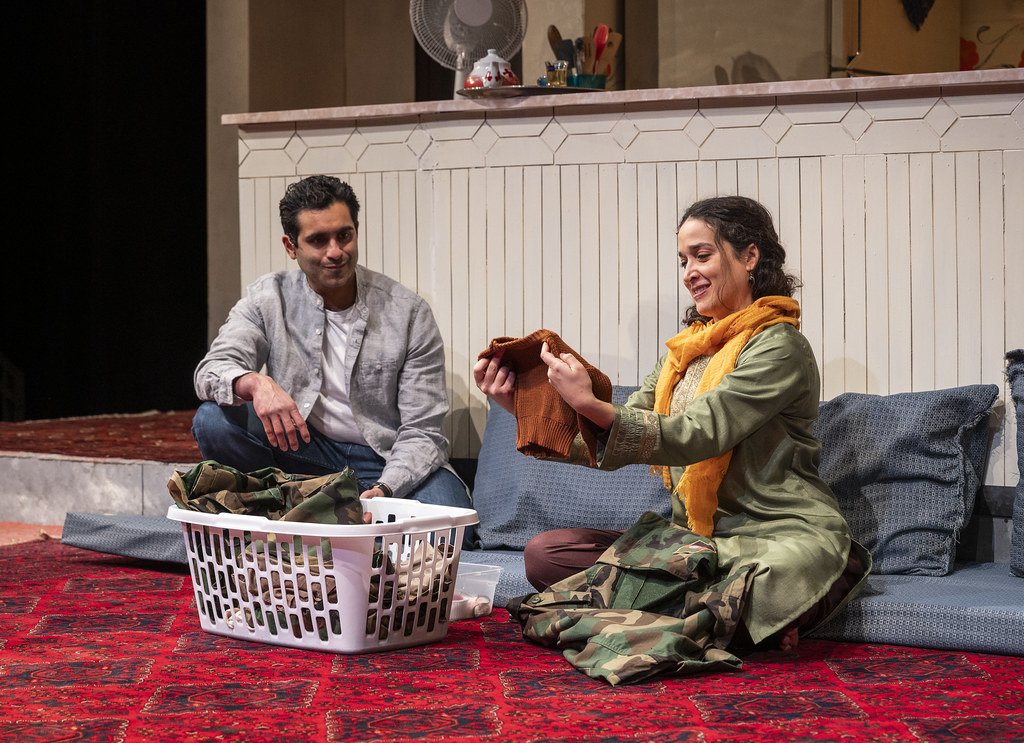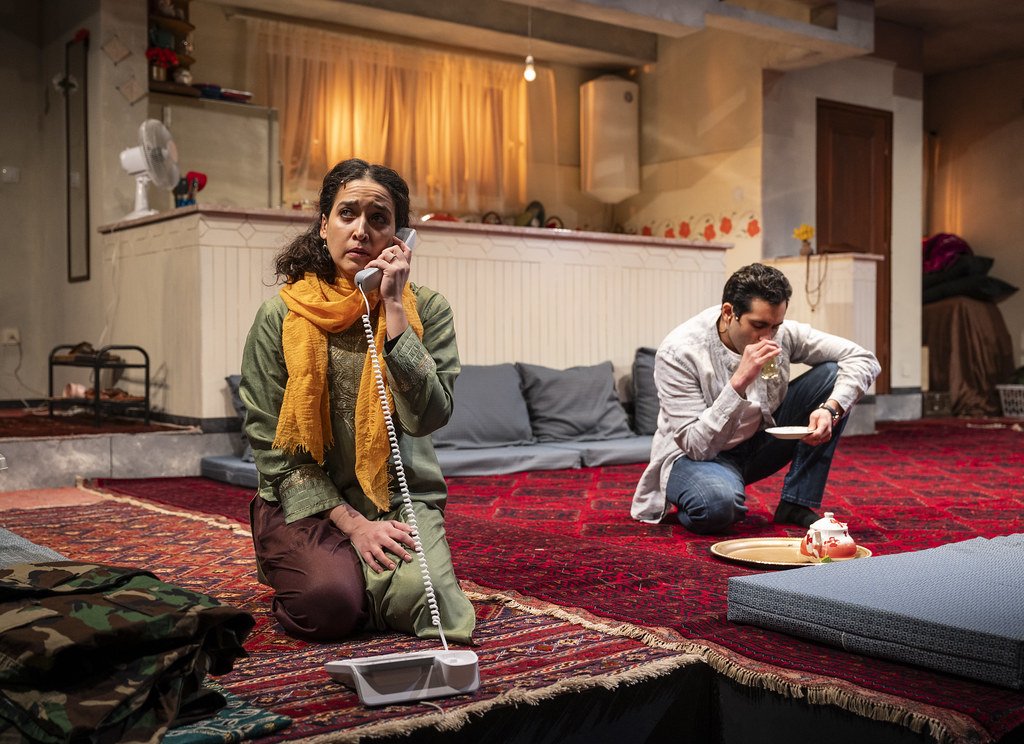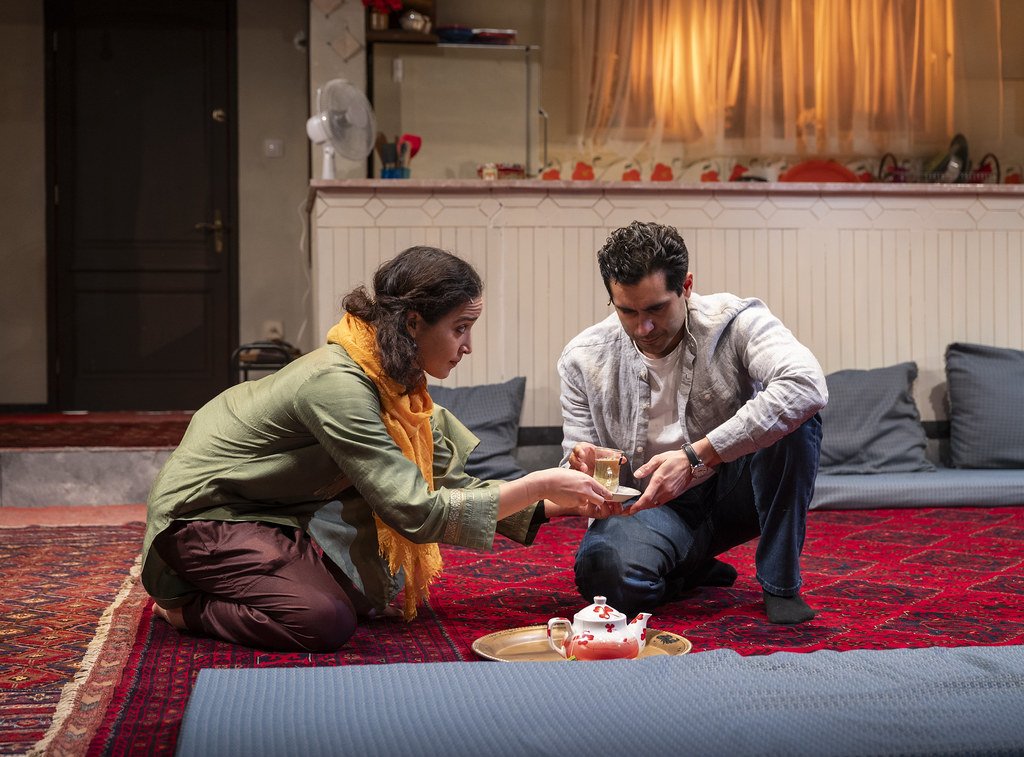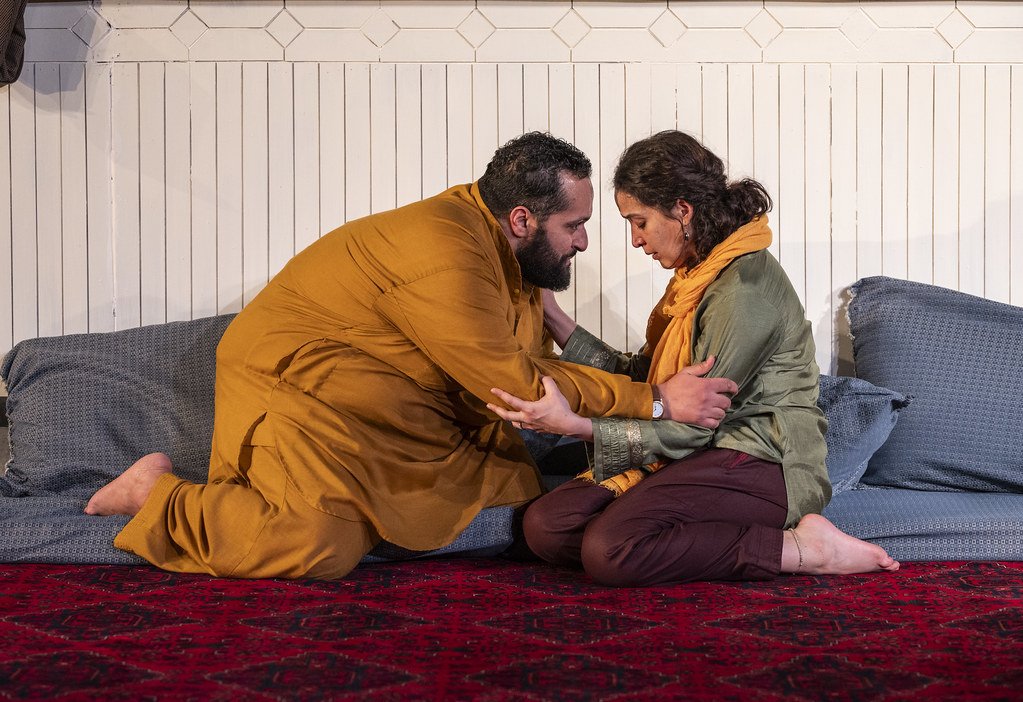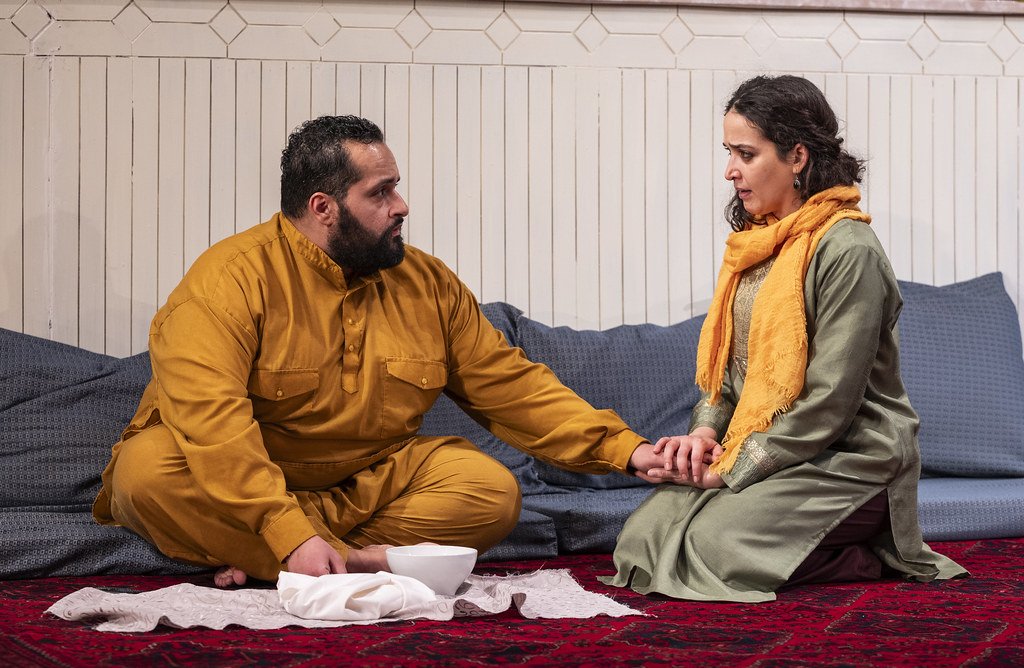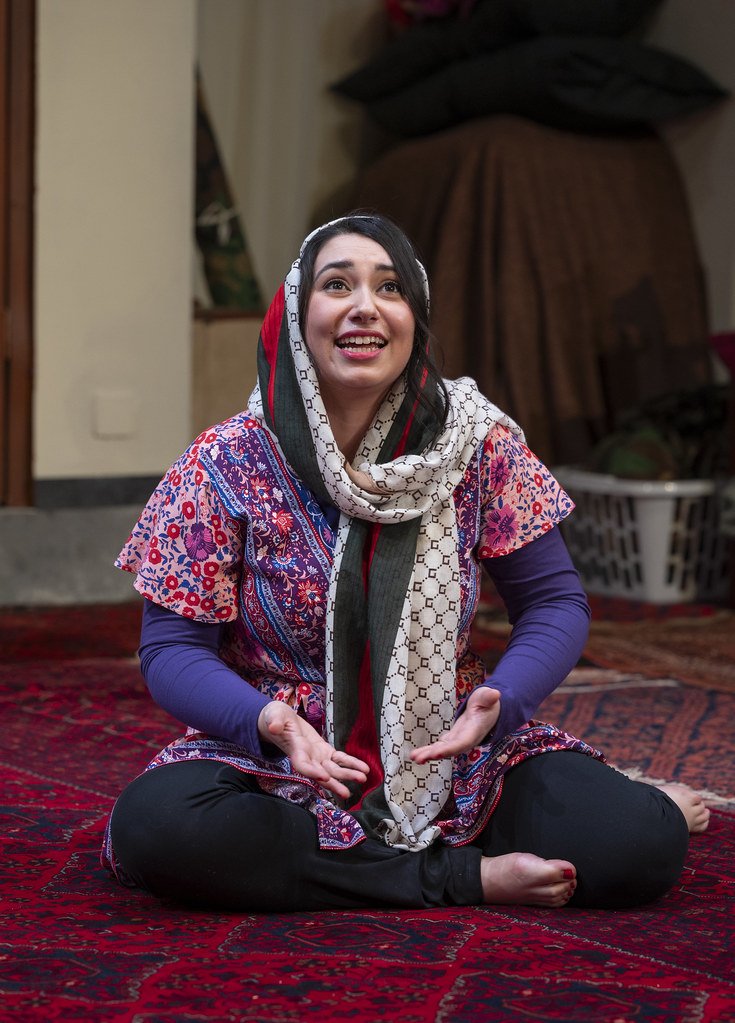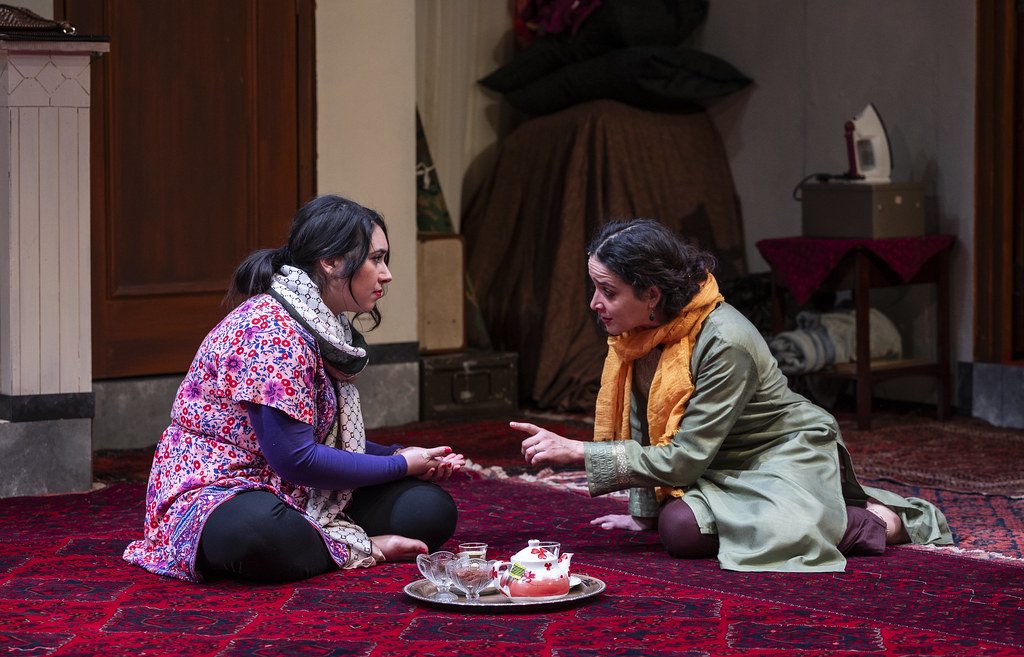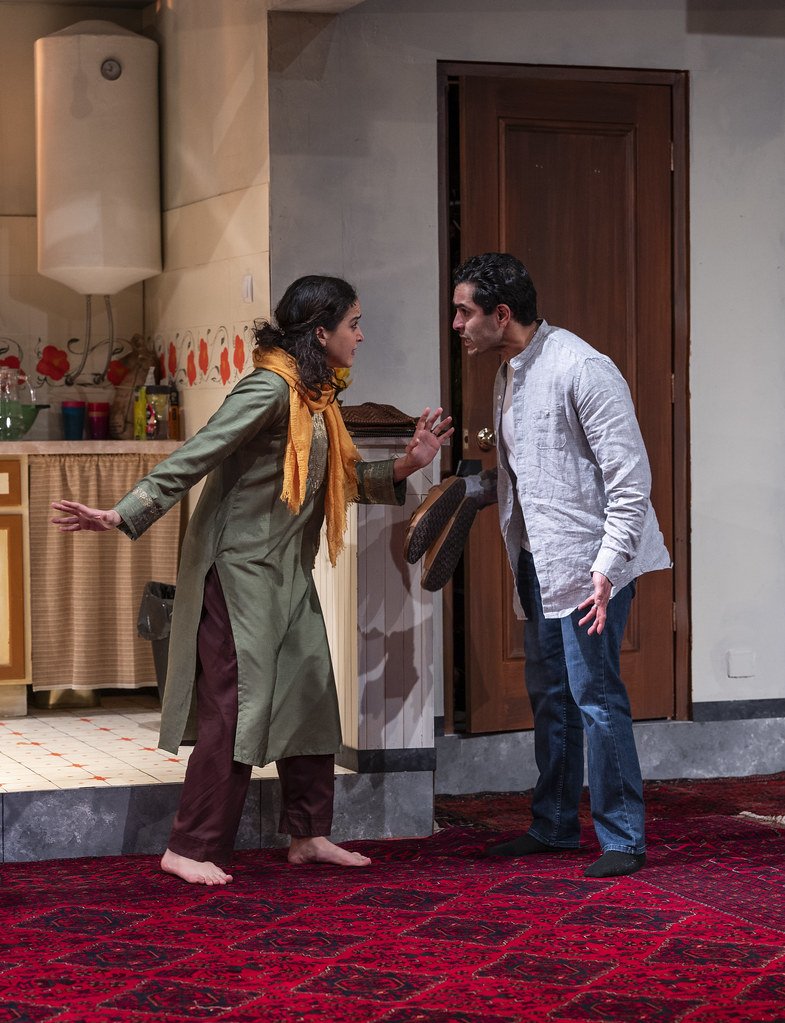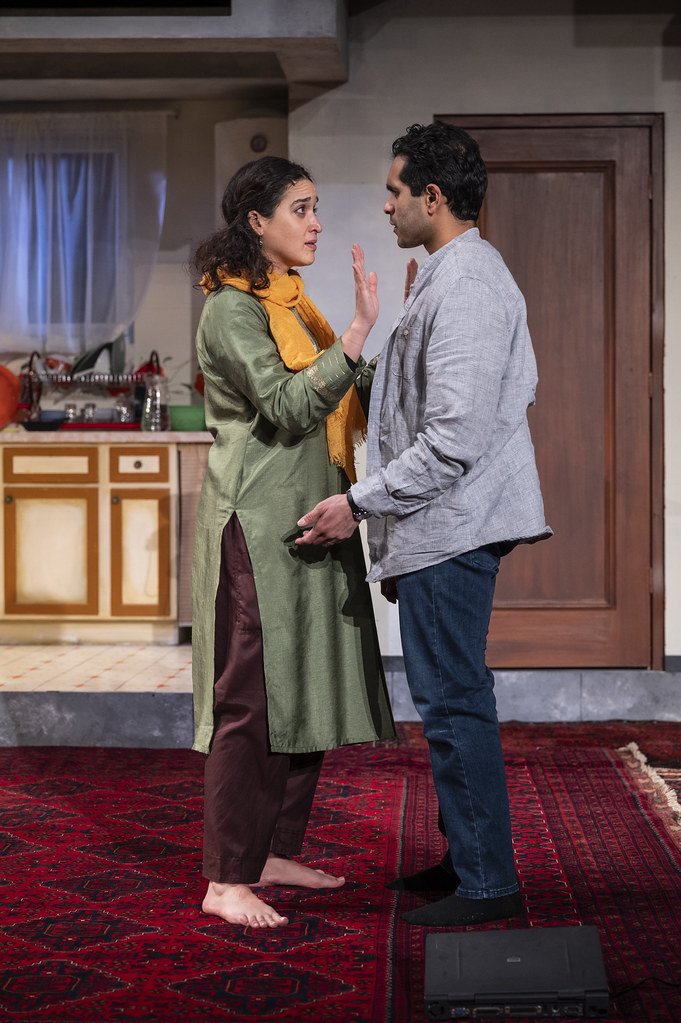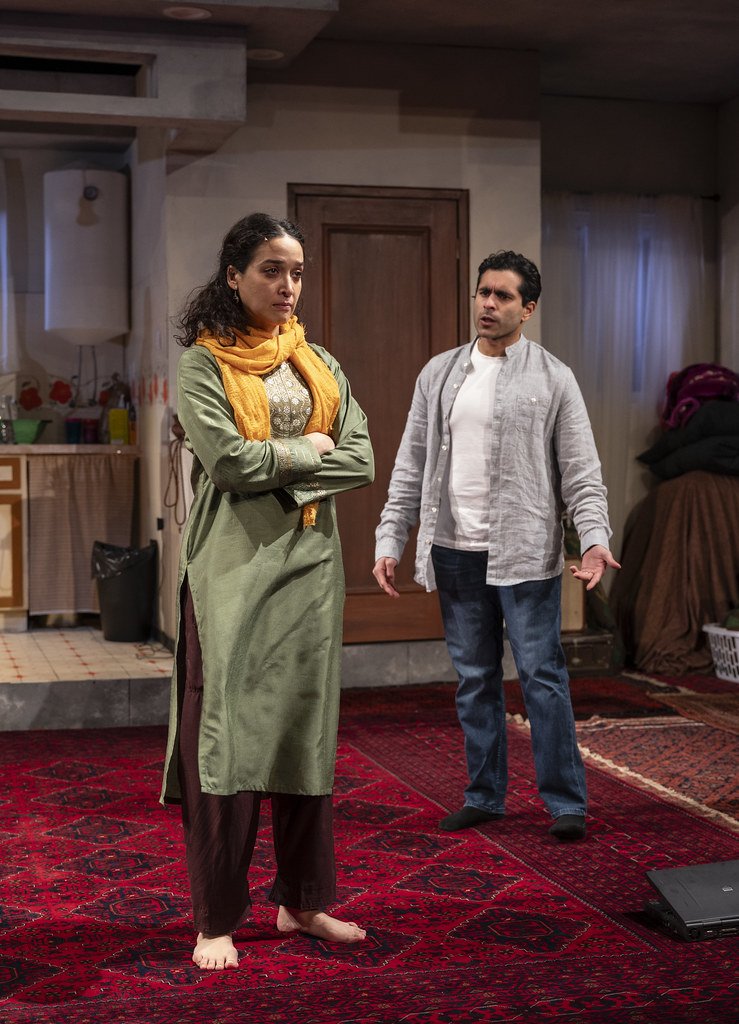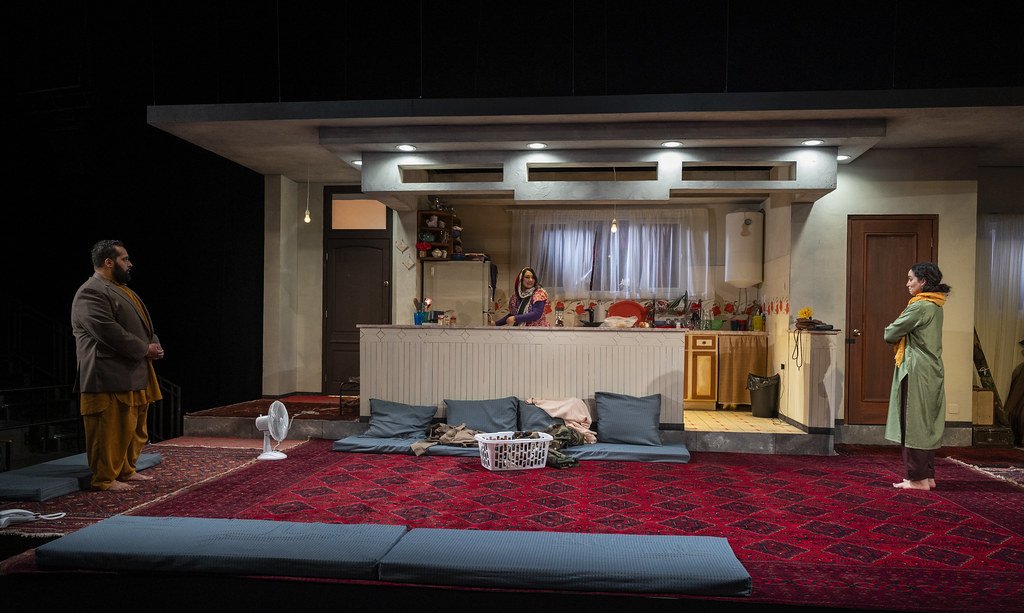Selling Kabul
I was in the downtown Chicago area on September 11, 2001, when I heard an announcement on the radio that a plane had crashed into the World Trade Center in New York — and learned that the United States was on the brink of a terrorist attack. Americans were in fear, scrambling to get home and away from locations with tall buildings. After all, planes were grounded, we grappled and came to grasp who had attacked our great nation; the United States went into Afghanistan to wage war against al-Qaeda, Taliban terrorists who attacked our country.
The Afghanistan War lasted 13 years and ended in December 2014; however, during that time, an estimated 300 translators helped intercept messages and hideout locations of the Taliban via promised U.S. visas, offering to secure freedom for themselves and their families — but many were left behind still hoping and praying that the U.S. would keep their promise. Perceived as Afghani traitors and infidels by the Taliban, these translators were hunted down, beaten, electrocuted with electric shock sticks, waterboarded, hanged upside down, and eventually killed. Selling Kabul's compelling and spine-tingling narrative provides an up-close, intense, and enthralling story of a sister's tested yet unyielding love, her brother, who the Tailban is pursuing. Afiya's (Aila Ayilam Peck) brother Taroon (Owais Ahmed) once served as an interpreter for the U.S. military in Afghanistan. He is hiding in his sister's apartment, eagerly awaiting the arrival of a promised American visa.
At the play's opening, we see Taroon trying to access a broken down but usable laptop; however, the modem doesn't work, cutting his access to the internet, where he received his visa. Taroon impatiently waits for news from his sister regarding the birth of his son from his wife, Bibi, and spends his days in seclusion, fearing the present danger of the increasingly powerful Taliban army. When she returns with news that Taroon's son, who was born prematurely, is healthy, normal, and not missing any fingers or toes, Afiya, along with her husband Jawid (Ahmad Kamal), has to continuously fabricate reasons and even lie to Taroon about when he could see his wife and son to keep him safe.
But things escalate when a neighbor and friend of Afiya, Leyla (Shadee Vossoughi), comes to Afiya's apartment and questions why their relationship has been strained. And when the Tailban closes in on Taroon's location, he must choose to leave those he loves or risk his life trying to unite with them.
Similar to the movie, "Guy Ritchie's The Covenant," where an American soldier risks his life to rescue his Afgan translator after the United States abandons them after their withdrawal, Selling Kabul provides an intense sacrificial drama from the translator's family perspective. The simplistic staging, which displays a small apartment with little furnishing but with a big screen television and Afgan military uniforms, shows the meager living conditions of the Afgan people and the moral sacrifice Afiya and Jawid give to live in peace. However, the cast in this production provides all of the intensity needed to engage the audience.
“Selling Kabual highlights the human toll of war and global politics; it zooms in and reminds us of the real families who suffer and are forced to navigate dire circumstances. ”
Playwright Sylvia Khoury's Selling Kabul was in the rehearsal stages at Playwrights Horizon in New York when theaters across America shut down, with this 2022 Pulitzer Prize Finalist opening at Premiere Stages. There is an uncanny similarity in the play, which focuses on a man forced to remain in an apartment due to forces that are seeking to kill him. At the same time, people around the world have to stay isolated in their homes due to fears of death experienced during the epidemic of the Coronavirus. Sylvia Khoury's tense drama is a powerful and glaring weakness regarding our immigration policies of the reunification of families, admitting immigrants with valuable skills into the U.S., and protecting refugees and those who assist us during wartime. It's worth noting that Khoury is also a graduate of the Icahn School of Medicine at Mount Sinai, which lends a unique perspective to her exploration of these complex issues. Directed by Hamid Dehghani, born and raised in Iran, Dehghani brings the necessary trauma, conflict, and passion needed to engage the audience and the enthralling discernment that blogs the mind with pure intrigue. The cast, featuring Owais Ahmed, Ahmad Kamal, Aila Ayilam Peck, and Shadee Vossoughi, provided outstanding performances, giving the audience a glimpse of the terror families endured after the withdrawal from Afghanistan.
It's intriguing to see and depict how audiences will receive this roller coaster of emotional production that never really points the finger at the United States for abandoning those who assisted them during the war— but focuses more on the implications of abandonment and the pain after match of rejection of Afgan loyalties. Although most of the audience stood and applauded the play, you could see the apprehension on the faces of the actors, wondering how people would perceive the production's intent as a slight against Americans or a humanistic story of the emotional and mental struggles others endure as a result in helping the United States in a hostile, foreign country. Selling Kabul moves leisurely, but it's an intricating thrill ride of emotional intrigue that provides a gut punch to your emotions — making you wonder, will this family ever see each other again? Or will we honor our commitment and leave no one behind?
⭐⭐⭐⭐
Northlight Theatre
SELLING KABUL
By Sylvia Khoury
Directed by Hamid Dehghani
January 25 - February 25, 2024
For Tickets, click on the above Logo; for theater reviews, click below.


